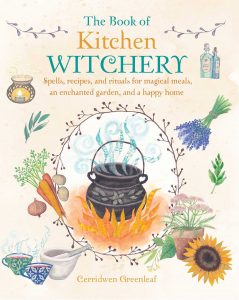
The Book of Kitchen Witchery: Spells, recipes, and rituals for magical meals, an enchanted garden, and a happy home.
List Price $19.95
I give this book 5/5 stars only because it is not possible to award it an entire constellation.
Delightful Workbook for Magical Women
This book kept me from languishing! While nearly everyone was bemoaning being locked-up, locked-down, and social distanced, I explored the magical world that was my own kitchen. The spells, rituals, and informational asides kept me entertained through much of the pandemic, nurturing both body and soul. Continue reading
 I’m in the process of removing an enormous shrub in my backyard and planting a fairy garden in its place. Quite a bit of thought has gone into deciding which plants to include and how they should be arranged. Shamrock was one of the plants I settled on.
I’m in the process of removing an enormous shrub in my backyard and planting a fairy garden in its place. Quite a bit of thought has gone into deciding which plants to include and how they should be arranged. Shamrock was one of the plants I settled on.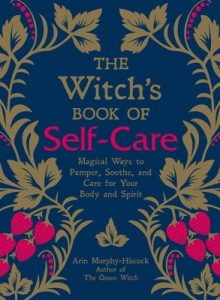
 ‘Tis the season to celebrate cats. Halloween cards and decorations feature black cats sporting witches’ hats, slinking through graveyards, and riding on brooms. Halloween is synonymous with fun—and frights, but for cats, Halloween tricks can seem all too real. Strangers slink through the neighborhood. Unusual smells and horrifying noises fill the air. Costumes turn ordinary people into monsters. Make no mistake, Halloween is a spooky time for cats. Those frights come with an even more frightening history.
‘Tis the season to celebrate cats. Halloween cards and decorations feature black cats sporting witches’ hats, slinking through graveyards, and riding on brooms. Halloween is synonymous with fun—and frights, but for cats, Halloween tricks can seem all too real. Strangers slink through the neighborhood. Unusual smells and horrifying noises fill the air. Costumes turn ordinary people into monsters. Make no mistake, Halloween is a spooky time for cats. Those frights come with an even more frightening history. 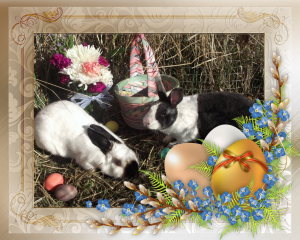 The time of the vernal equinox was auspicious in ancient cultures. In the Anglo-Saxon calendar, Eostremonath was named after Eostre (Ostara in Old High German), the maiden goddess of dawn and the spring. At the time of the equinox a feast is celebrated in her honor, replete with offerings of rabbit shaped cakes and colored eggs. This is because Eostre adopted both the hare and egg as her symbols.
The time of the vernal equinox was auspicious in ancient cultures. In the Anglo-Saxon calendar, Eostremonath was named after Eostre (Ostara in Old High German), the maiden goddess of dawn and the spring. At the time of the equinox a feast is celebrated in her honor, replete with offerings of rabbit shaped cakes and colored eggs. This is because Eostre adopted both the hare and egg as her symbols.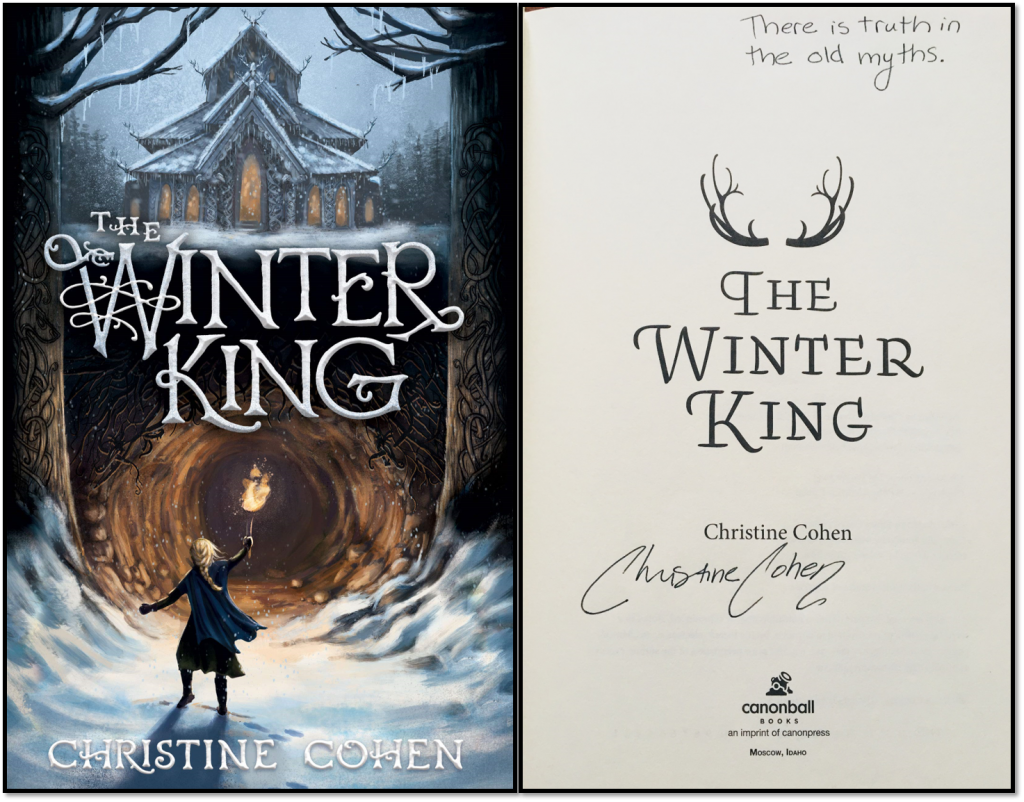
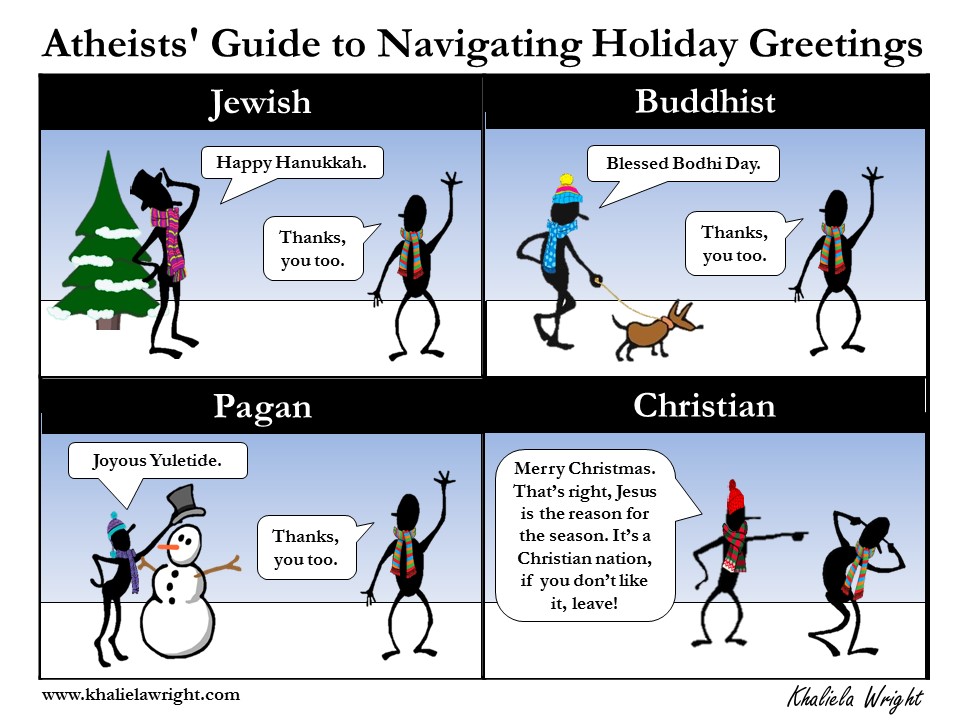 My cartoon ran in the Moscow Pullman Daily News on Wednesday, December 18, 2019.
My cartoon ran in the Moscow Pullman Daily News on Wednesday, December 18, 2019.
 Halloween is the only time of year witches are in vogue. Suddenly everyone is interested in black magic, spell craft, hexing their neighbor, and a host of other things that bear little resemblance to actual Paganism. Despite the annual autumnal uptick in interest in all things occult, Halloween isn’t a Pagan holiday. That doesn’t mean we Pagans won’t dress up in costumes and join our Christian brethren in unholy revelry, general debauchery, and handing out candy to trick-or-treaters, but we do have our own holiday to celebrate, Samhain.
Halloween is the only time of year witches are in vogue. Suddenly everyone is interested in black magic, spell craft, hexing their neighbor, and a host of other things that bear little resemblance to actual Paganism. Despite the annual autumnal uptick in interest in all things occult, Halloween isn’t a Pagan holiday. That doesn’t mean we Pagans won’t dress up in costumes and join our Christian brethren in unholy revelry, general debauchery, and handing out candy to trick-or-treaters, but we do have our own holiday to celebrate, Samhain.